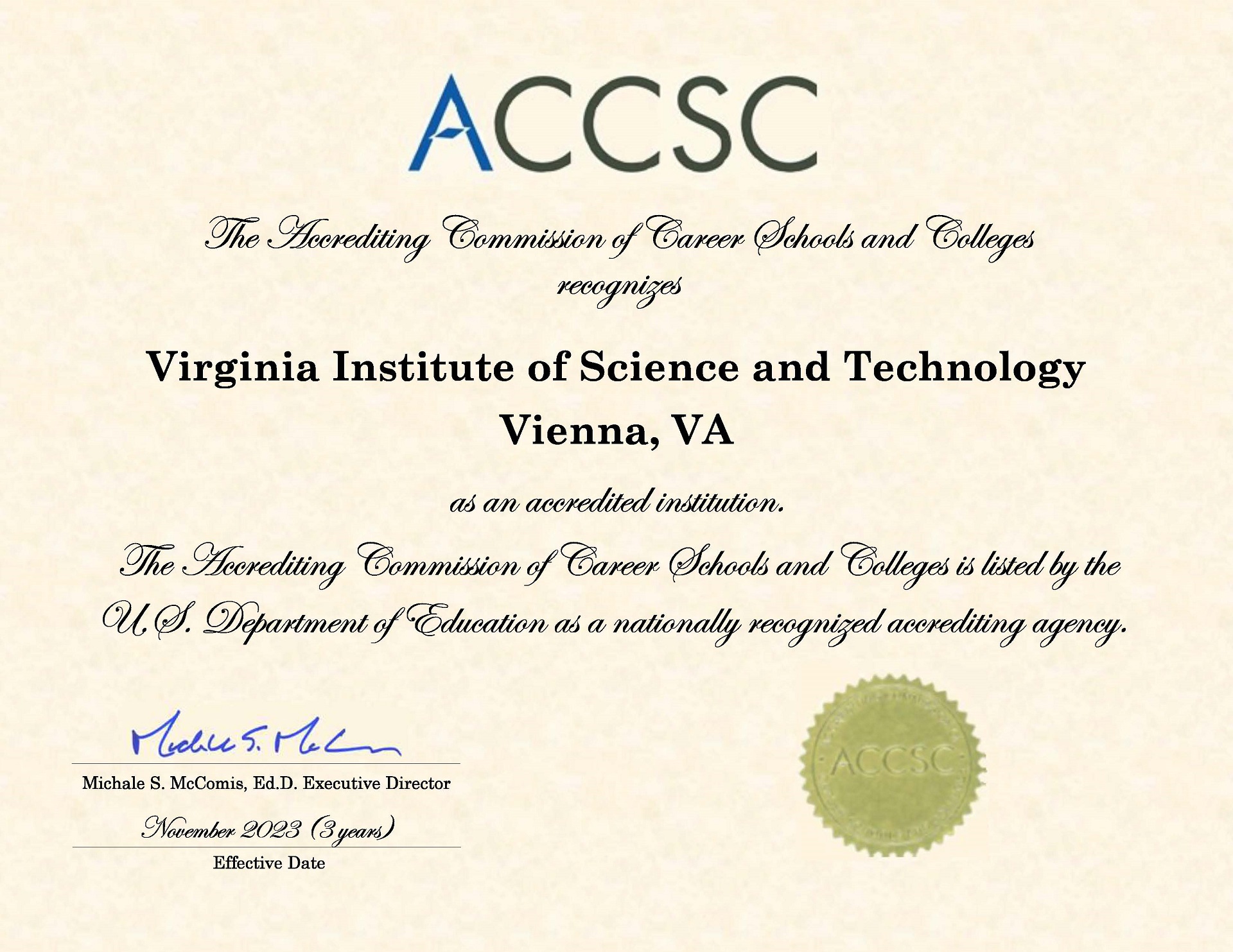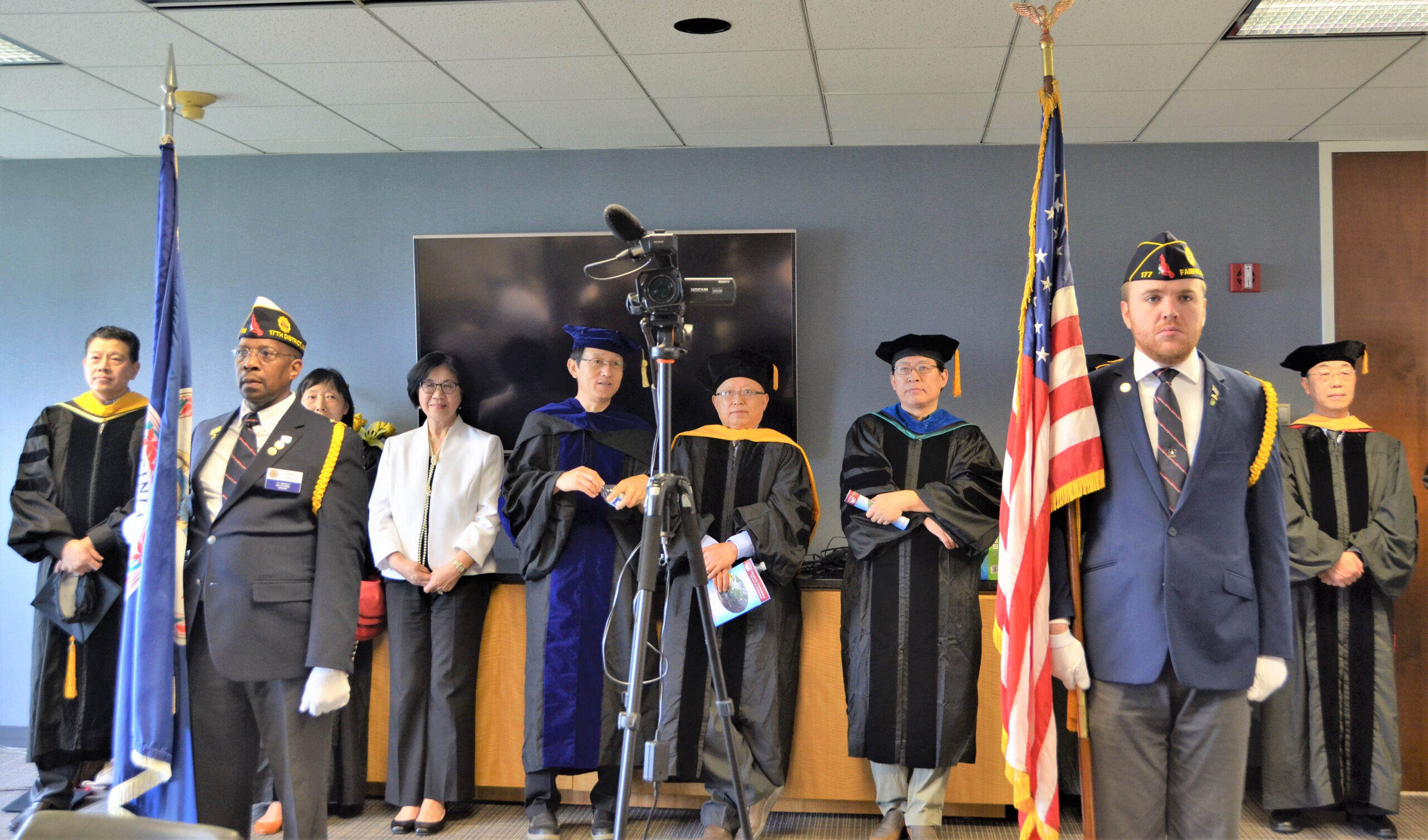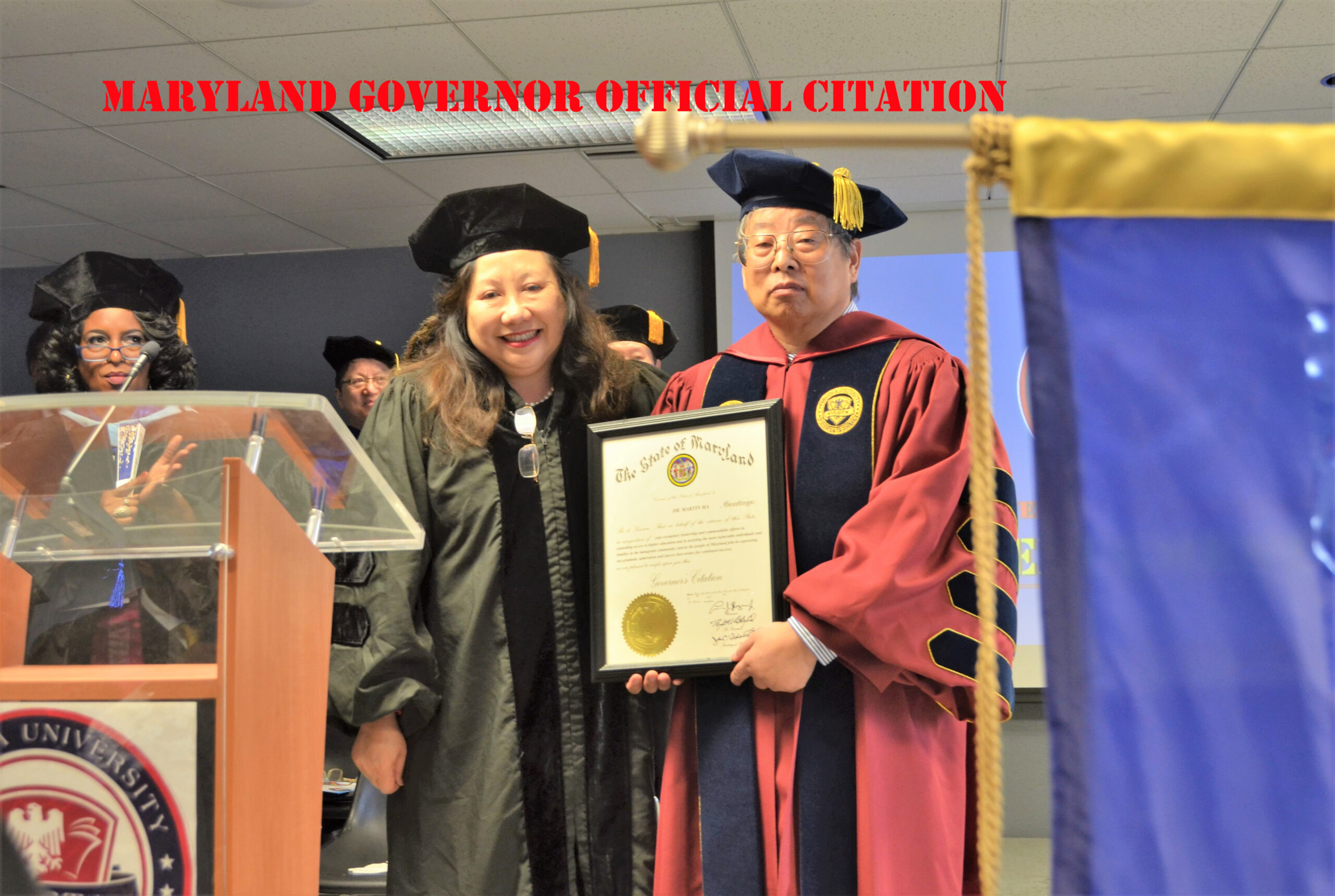Internship

What is an internship?
Simply put, an internship is a structured opportunity for you to learn, grow, and contribute in a professional setting. There are many variations of internships: They might be paid or unpaid, part-time or full-time, taken for credit or no credit. They could be local, national, or abroad. They might be called field work, community service, volunteer work, or internships. Regardless of these variations, what makes an internship an internship are these common features.
An Internship:
Is a structured learning experience
Provides opportunities to apply classroom knowledge in a “real world” professional environment
Encourages you to develop and refine skills that are transferable to a variety of work settings
Has a defined beginning and end
Includes a position description with relevant and clearly defined learning objectives
Provides for supervision/feedback from a professional w/ expertise and background in that field
Includes resources, equipment, facilities that support learning goals
Find Existing Internships or Create One Yourself:
Students typically go about securing an internship using two main strategies:
Finding existing internships and applying to them.
OR
Taking action to create your own internship.
Whichever route you go, challenge yourself to find or build interesting experiences where you can both contribute and grow.
If you are already aware of an internship:
If you are already aware of one or several appealing internships to pursue, then great, take action and present yourself in the best possible way to those employers.
If you are unsure of where to begin or what to look for:
Begin by thinking about careers you are considering, employers that appeal to you, industries you would like to explore and/or specific work-related activities or tasks you would like to try.
Think about various work settings [indoors, outdoors, big employers, start-ups, slow-paced environments, competitive workplaces, etc.] to help you brainstorm possible options to pursue.
Reflect on skills you would want to use, refine or develop is also a good approach.
Finally, think (and talk with a Career Counselor or friend or Adviser) about goals you have or could develop for an internship to help increase clarity around what you would like to accomplish.
How to apply for an internship:
Applying for internships is a necessary step when pursuing advertised positions. This usually involves a student submitting a resume and cover letter to the employer. Application materials may vary, though, so pay attention to instructions mentioned on the employment website or in the internship announcement.
When you do submit a resume and cover letter, it is best to target your documents to each unique employer.
You can showcase how your interests, skills, education, projects and work/ volunteer experiences “match” to what they prefer in an intern.
You will usually learn what qualifications and skills employers seek in applicants, and sometimes even what types of projects interns will help with, by reviewing the internship description.
Even if you don’t 100% match the qualifications mentioned in the announcement, if you are interested and align fairly well with what they want, you should go for it – what’s the harm?
Ensuring a Successful Internship Experience:
Set obtainable goals based on your aspirations and the employer’s needs – What do you hope to get out of an internship?
What do you need to do in order to make sure that you accomplish your goals? This provides you with motivation during the internship, and allows you to draw connections between it, your academic coursework, and your future career interests.
Be sure to communicate with your supervisor and ask for what you need – Ask questions when you have them and clarification when you need it. Update your supervisor on progress you make or roadblocks you run into, and communicate regularly with him/her.
Show interest in the work you are doing, and how it contributes to the overall organization.
Measure your progress and document your work – Make notes for yourself as you go as to projects you are involved with, and keep copies of your work. Refer regularly back to the goals you set at the beginning of the internship to determine which you are meeting, and which need more work.
Be professional, positive and productive – Arrive at your internship on time, dressed in clothes appropriate for the setting. Don’t take or make personal calls or check personal email, except on lunch break if approved by your organization. Be a positive and friendly presence in the office.
Challenge yourself, but don’t overextend – While it is understandable that you want to ‘show what you can do’ in an internship, one way to have an unsatisfactory experience is to get yourself involved in so many tasks or projects that you aren’t able to complete them with quality results.
Do your best work and learn from the experience – Most employers look at internships as a mutually beneficial experience. Do the same for yourself – be sure that you are taking something from the internship, and consciously developing skills, while also working hard to advance the mission and work of the organization for which you are interning.
Completing Your Internship:
Be sure to thank your employer and colleagues – While you have provided valuable support to an organization through your internship, they have also provided you with experience and the beginnings of your professional network. Be sure to thank them when your internship ends – for those with whom you worked particularly closely (like direct supervisors) a handwritten note is especially appropriate. When an employer has a positive experience with an intern, they are more likely to serve as a professional reference for you, and in some cases, remember you when permanent positions come up within the organization.
Keep track of your duties and accomplishments – Write down for yourself what your primary responsibilities were, projects that you worked on, things you particularly enjoyed, felt good about, received positive feedback for, or for which you received constructive criticism. These are great building blocks for thinking about a job after graduation.
Consider a portfolio – Collect examples of the work you did, to show your contributions and to be used in later interviews. When exiting your internship, be sure to check with your supervisor that it’s ok for you to use these materials in a portfolio. Some companies have confidentiality clauses that mean work done at their organization cannot be shown in a portfolio.
Update your resume – Just like a job or volunteer experience, an internship warrants a place on your resume. Be sure to highlight projects and outcomes, any skills you developed and honed, and the major components of the internship. Not sure how to incorporate an internship experience into your resume? Come into The Career Center for 1:1 resume support.
Nurture your connections – The end of an internship does not have to mean the end of communication with your colleagues from the experience. The contacts you met at your internship can now be part of your growing professional network.
Ask the employer to be a reference – Before leaving your internship be sure to ask your employer if they would be willing to act as a reference for you. If yes, be sure to check in with them periodically to update them on progress or developments in your professional life. Always give them a heads-up if you apply for a job and list them as a reference, and provide them with some background on the position for which you have applied. The more they know, the better they can tailor their recommendations to that specific position.











